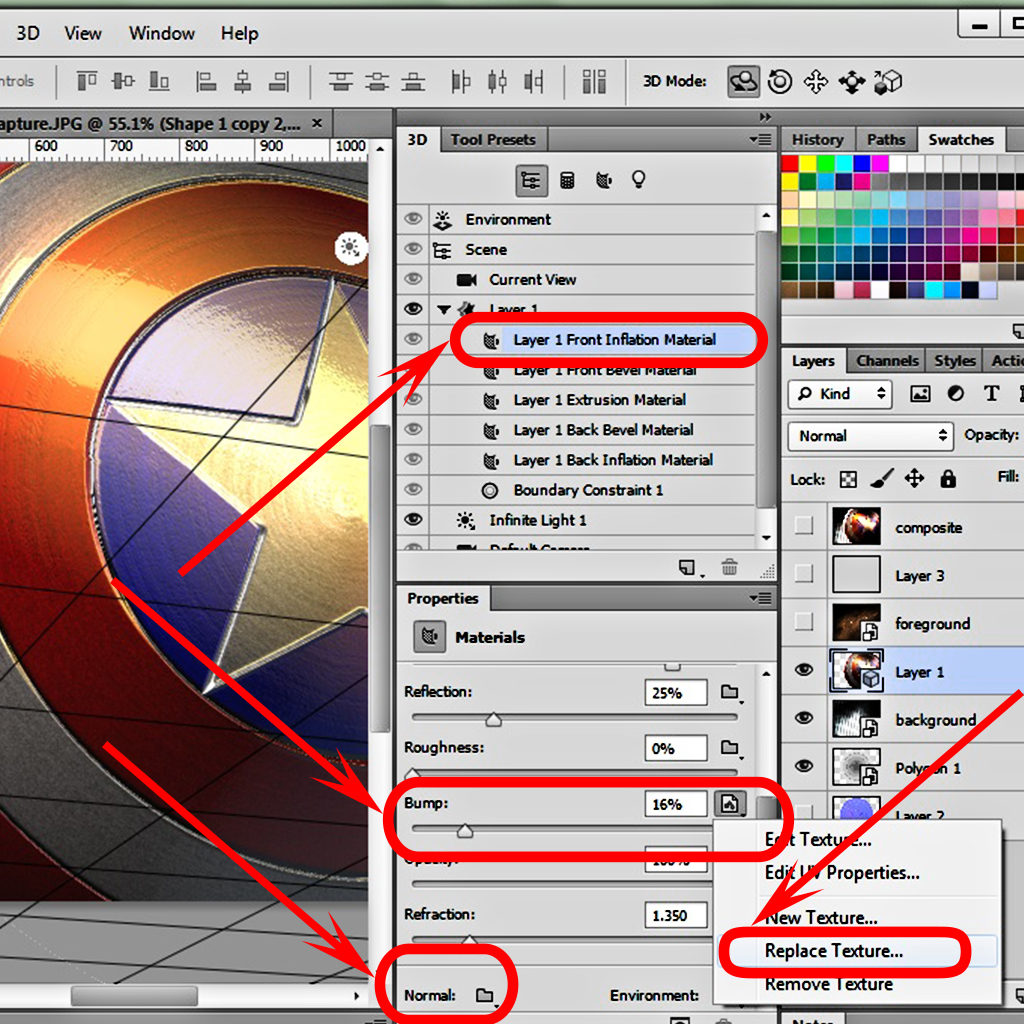

As we've tightened up the animations over time, they lost a bit of their physics feel, and this brings some of that back. Importantly, it also offers a bit more control over motion using physics. This creates generally smoother motion, removes a lot of jittery moments and improves physics interactions with characters.
#EXANIMA MAP PLUG IN UPDATE#
In this update we're introducing a sort of better "AI" control over how tense each virtual muscle should be at any time. It will realistically always feel tricky and look a bit silly for a new player, because you have such direct control over how your character moves.Īt this point we only have a few specific things we want to improve. Our physics driven character motion has come a long way, it works well and in the hands of a very experienced player it can look very good. This custom annotation approach can also be applied to generate other annotations while generating Java classes with the plugin.ANIMATION IMPROVEMENTS We're not quite done with improving things. Conclusionīy following the steps outlined in this article, one can generate the required MongoDB annotations using the JSONSchema2Pojo plugin with a custom annotator class. This allows the data to be properly mapped to Java POJOs with camelCase letters and then persisted to MongoDB with the field names defined in the schema. This will generate the necessary MongoDB annotations using the and annotations. "description": "The schema for storing employee and address information in a MongoDB collection."

"description": "The employee's address information."
#EXANIMA MAP PLUG IN CODE#
"description": "The ZIP code of the employee's address." "description": "The state where the employee resides." "description": "The city where the employee resides." "description": "The street address of the employee." "description": "The phone number of the employee." "description": "The email address of the employee." "description": "The last name of the employee." "description": "The first name of the employee." "description": "The unique identifier for the employee." Public class customMongoPojoAnnotations extends AbstractAnnotator Step 2Īdd the necessary dependencies in the Maven file. In case the project is a multi-module project, the custom annotator class can be created as a separate module. This can be done as a separate project and then included in the actual project. To use the JSONSchema2Pojo plugin to add custom annotations, a custom annotator class needs to be created.

The most commonly used annotations - Used to specify the MongoDB collection name that the Java class maps - Used to specify the primary key field in the Java class that maps to the _id field in - Used to specify the MongoDB field name that the Java field maps to.įollow These Steps To Generate Mongo Annotations Step 1 The annotations provided by MongoDB are used to specify how the Java fields map to the corresponding MongoDB document fields. These annotations allow us to specify the desired field names in the generated Java classes, which will then be used when inserting data into MongoDB. To avoid this issue, Mongo annotations can be added using the JSONSchema2Pojo plugin. This can lead to issues when inserting data into MongoDB, as the data will be stored with camelCase field names. The Spring framework is a popular Java framework used to build backend applications and provides support for MongoDB integration.Įven if the incoming data is in PascalCase format, the Java classes' field names will be in camelCase. To insert data into MongoDB using the Spring framework, it's necessary to generate POJO classes based on the collection schema. When working with MongoDB, Java objects are commonly used to represent collections and documents.
#EXANIMA MAP PLUG IN HOW TO#
In this article, we will demonstrate how to generate MongoDB annotations using this plugin. While this plugin generates Jackson annotations for serialization and deserialization by default, it's also possible to utilize it for generating custom annotations. JSONSchema2Pojo is a popular Java tool that generates Java classes from JSON schema, which are typically used for data serialization and deserialization. Each record in MongoDB is a collection of key-value pairs. MongoDB is a popularly used NoSQL database that stores data in a document format.


 0 kommentar(er)
0 kommentar(er)
